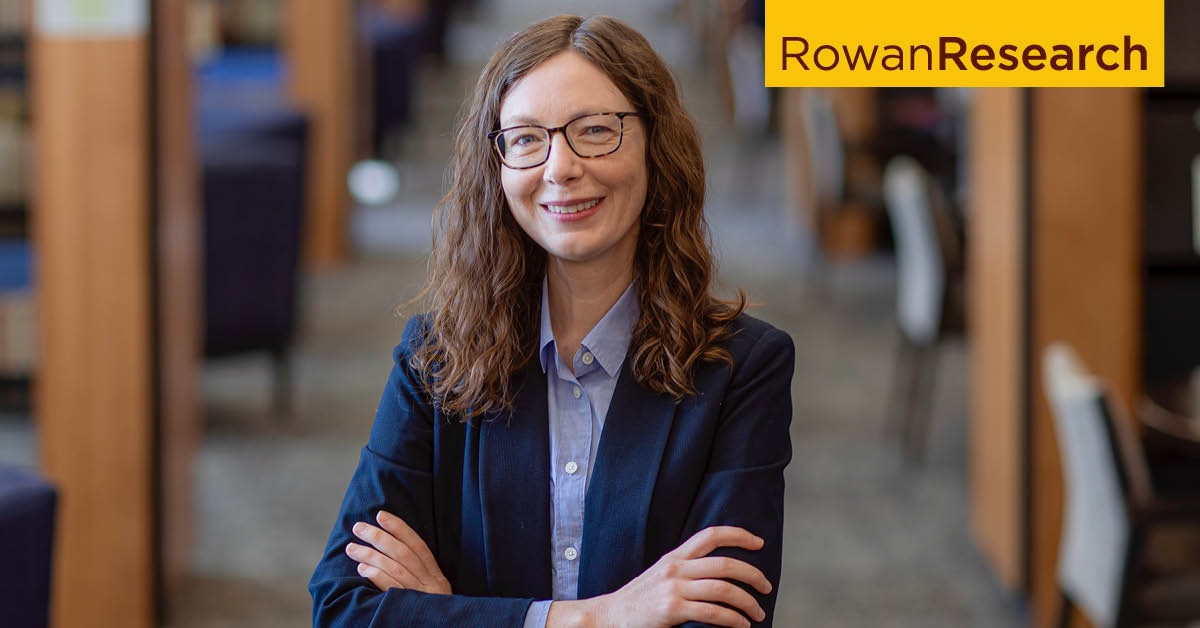Understanding humility in human ignorance
Understanding humility in human ignorance

Tenelle Porter, Ph.D.
Social and developmental psychologist
Areas of expertise:
Intellectual humility, growth mindset and motivation
More informationHumans can never be omniscient, but they can learn to better acknowledge that reality. Tenelle Porter studies how humans can adaptively deal with the fact that we have intellectual limitations.
“We all have pockets of ignorance,” said Porter, an assistant professor of psychology in the College of Science & Mathematics. “We're all fallible. How can we acknowledge that our knowledge is partial—that our beliefs might be wrong—and thrive?”
Porter explores strategies for fostering intellectual humility, a “habit of mind” that can help people acknowledge their own limitations. For example, with funding from the John Templeton Foundation and in collaboration with colleagues at The Brookings Institution, Porter is studying how to build a foundation for developing intellectual humility in classrooms. With support from Arizona State University, she’s also researching how different academic disciplines make it easier or harder to be intellectually humble.
Noting that her focus is on solutions, Porter said, “Intellectual humility is a fruitful, helpful response to the fact that we have limitations. It’s about cultivating awareness and recognition that you may not be considering everything or you might be wrong, so you can listen and try to understand where the other person is coming from.”
Because intellectual humility is such a complex idea, Porter has used a mixed-methods approach, investigating the concept through a combination of questionnaires, surveys, interviews, computer-based tasks, and even experiments in the lab.
Intellectual humility is important in many different contexts. In the classroom, intellectual humility helps teachers reach their students more effectively and students better grasp new information. Scientists benefit from intellectual humility, enabling better research, while in medicine, it can help doctors connect more with their patients.
“Intellectual humility is also important to our relationships with one another,” Porter said. “It can help us have more constructive conversations with people who disagree with us.”
Rowan University researchers are passionate about what they do. Find more at Meet Our Researchers.